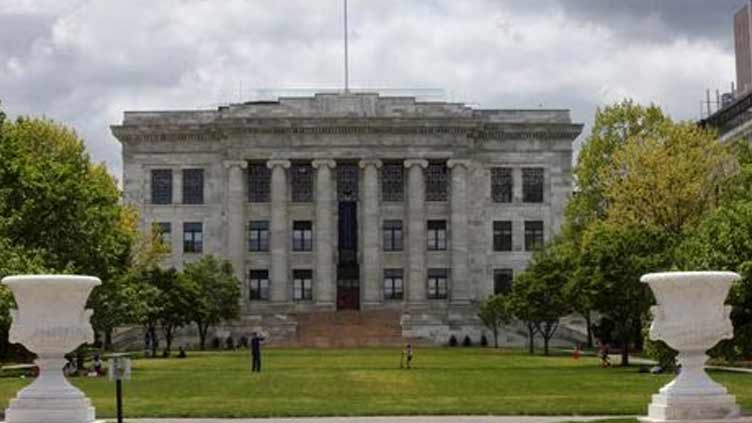Ex-Harvard morgue manager indicted for trafficking body parts

World
People whose body parts were sold had volunteered their remains for medical professionals
(Reuters) - The former morgue manager at Harvard Medical School was among five people indicted by a grand jury on Wednesday over allegations they stole and sold body parts from cadavers donated to the school, federal prosecutors said.
Cedric Lodge, 55, who was fired from his job on May 6, and the other defendants were accused of carrying out a black market body parts scheme from roughly 2018 to 2022, the U.S. Attorney's Office for the Middle District of Pennsylvania said in a statement. One of the defendants lives in Scranton, Pennsylvania.
Prosecutors said Lodge, who was hired by Harvard in Boston, Massachusetts, in 1995, would at times let potential buyers into the school's morgue to examine cadavers and select what parts to buy. The buyers mostly resold the body parts, prosecutors said.
A sixth person was previously charged in Arkansas in the same investigation on suspicion of stealing body parts from a mortuary she worked for, prosecutors said. Reuters has previously reported on abuses in the body trade business.
It was not immediately clear if Lodge, who was arrested by the FBI on Wednesday according to ABC News citing the FBI, or the others indicted, who included Lodge's wife, had legal representation. The FBI did not immediately respond to requests for comment.
"Some crimes defy understanding," U.S. Attorney Gerard Karam said in a statement. "The theft and trafficking of human remains strikes at the very essence of what makes us human."
People whose body parts were sold had volunteered their remains to be used to educate medical professionals, Karam said.
The Harvard Medical School cooperated with the investigation, he said.
George Daley, the dean of the Harvard Faculty of Medicine, said in a statement to the school's community on Wednesday that "we are appalled to learn that something so disturbing could happen on our campus."
Daley said Harvard Medical School, which first learned of the allegations in March, was searching its records, particularly logs showing when donor remains were sent to be cremated and when Lodge was on campus, to try to determine which donors' body parts may have been trafficked.
Harvard's office of media relations said it could not provide more information, citing the criminal investigation.

